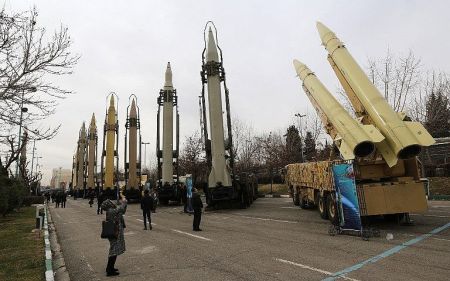No reasonable investor will pay a lot for a share that is readily available in the market at a much lower price.
--BY SUMIRAN GIRI
In 2015, a change in NRB’s Monetary Policy mandated banks and financial Institutions (BFIs) to increase their paid-up capital by almost four times. With the deadline for the paid-up capital hike approaching by the end of the FY 2016/17, BFIs are on a mission to meet the mandatory capital requirement. Most of them are opting to issue right shares, while others are busy with M&As.
The recent liquidity crunch left investors with no surplus cash. Also, the banks were in no position to provide a loan. Thus, many investors could not claim their shares due to lack of funds. The unclaimed right shares, both ordinary and promoter, are being auctioned. The public, who previously, did not have access to a huge quantity of the shares in the stock market, are feeling elated for this opportunity.
A company gives us the choice to bid the price for the auctioned shares, where the minimum amount is usually at par and the minimum unit of share for bidding is specified. A thoughtful investor will analyse how much a company is worth, compare it with the market price, look at the cut-off trend and then invest accordingly.
A cut-off price is the discounted price at which a company accepts a bid. It is discounted at a certain percentage of the last traded piece of a company’s share in an active market. This percentage can be deduced by analysing the trends of similar auctions that took place before. Since deducing a cut-off price accurately is not possible, bidding in the cut-off range gives us a high probability of getting the auctioned shares.
You might ask, why not invest at just Rs 100 per share? Due to high demand and limited units of shares available, people try to invest in an amount that is quite high but still somewhat lower than the current market price or at a price that justifies the investor’s analysis.
Still, no reasonable investor will pay a lot for a share that is readily available in the market at a much lower price. Warner Buffet once said, “It’s far better to buy a wonderful company at a fair price, than a fair company at a wonderful price”. Also, why pay more for a share and give banks the benefit when you can invest twice as many units in the same amount. After all, bidding more money for fewer shares only increases the cut-off margin.
Surprisingly, not every investor who bids in auctions thinks this way. The recent right shares auction of NIC Asia can be taken as an example. This auction witnessed extremely high bids. The Last Traded Price (LTP) was Rs 432 and cut-off was Rs 411. However, the ones that stood out the most were abnormally high bids from six investors, which ranged from Rs 613 per share up to Rs 790 per share.
This is not the first time it has happened. In February 2017, when ADBL auctioned its 19,68,575 units of right shares, the highest bid was Rs 601 per unit whereas the LTP was 440 and cut-off was 361.
Everyone knows that after the flow of these shares in the market, the price will definitely go down due to increase in supply. One of the reasons why cut-offs are lower than the market’s last traded price.
So, are the investors, who bid high, actually clueless about how the auctions work? Perhaps the investors saw serious growth potential in the company that we, the public, overlooked.
Also, quite unlikely, but the first highest bidder might have assumed that the public would follow suit resulting in an unreasonably high cut-off, which the company would definitely benefit from. Only a person who benefits when the company benefits could have done this. These people could be anyone from stakeholders to employees to managers. This is illegal if proven true, as well as unethical for an A class bank.
Regardless of whether or not malpractice is actually happening, this incident shows the inefficiency of the Nepali stock market. The effectiveness of the steps SEBON has taken towards investor literacy also looks questionable after the incident. Although we cannot force someone to follow the trading basics, the authorities do need to analyse it, for this could be a case of market manipulation.






















